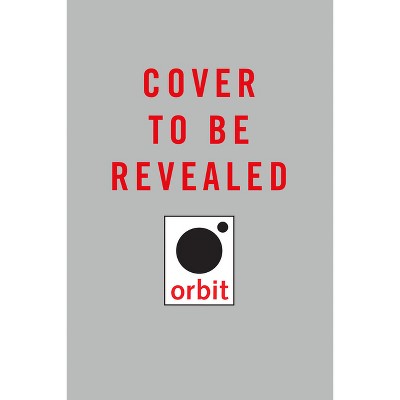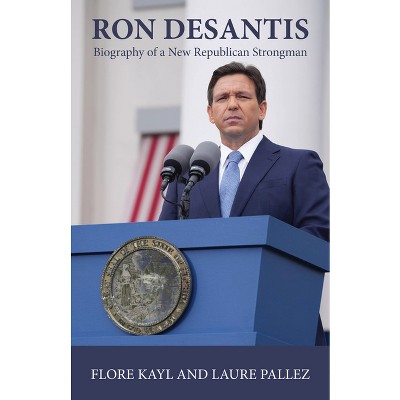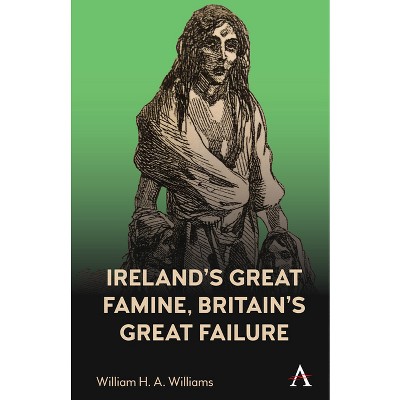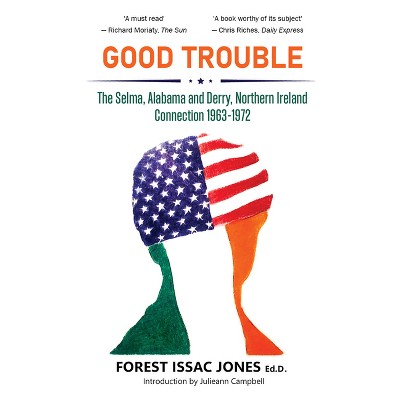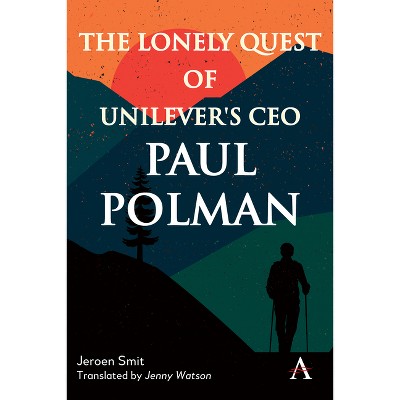About this item
Highlights
- PrefaceThe book's Preface places the current AI explosion in the context of other technological cataclysms and recounts the author's personal (and not always deadly serious) AI journey.Chapter One: "Extracting the Essence: Toward Machine Translation of Literature" This 2019 essay rashly inquired whether artificial intelligence (AI) and machine translation (MT) might eventually be applied to literary translation.
- About the Author: Mark Seligman, PhD, is Founder, President, and CEO of Spoken Translation, Inc.
- 200 Pages
- Computers + Internet, Natural Language Processing
Description
About the Book
This volume first explores the potential of machine translation of literature; goes on to explore possibilities for artificial literary creation; and finishes by assessing recent spectacular progress in generative artificial intelligence (AI) - throughout, with reference to Vladimir Nabokov's hyperconscious literary art.Book Synopsis
Preface
The book's Preface places the current AI explosion in the context of other technological cataclysms and recounts the author's personal (and not always deadly serious) AI journey.
Chapter One: "Extracting the Essence: Toward Machine Translation of Literature"
This 2019 essay rashly inquired whether artificial intelligence (AI) and machine translation (MT) might eventually be applied to literary translation. Such translation strives to somehow preserve the essence of a work while carrying it over to a different language and culture and giving it rebirth there. To recognize that essence, the translator must accurately capture the meaning of the original; appreciate its metaphors, connotations, register, references, and other abstract or associative factors; and choose among available target language expressions by exercising esthetic judgments. Computers, however, have until recently remained incapable of such accuracy, abstraction, and judgment. We revisited these shortfalls in light of developments in MT and AI. We teased apart several separable aspects of literary translation - literal meaning, meter, rhyme, and the abovementioned associative elements - with reference to arguments about Vladimir Nabokov's hyper-literal translation of Pushkin's poem Eugene Onegin. Prompted by this debate, we came to analyze translation as an optimization problem: because it will often prove impossible to perfectly convey all aspects or essences of a text in a single translation, the translator must search for some optimal compromise. Then we discussed several avenues for improvement in MT which could help to extract these aspects of a text's essence - first, those which might enhance textually grounded MT (i.e., MT trained on text only), leading to delivery of high-quality literal translations; and second, those related to perceptually grounded MT (i.e., MT trained on simulated perception, e.g. of audiovisual input, as well as text), which might extract more abstract or associative elements of a text. We suggested that recognition of categories would prove central to the essence extraction sought by translators. As this categorization improves, MT should increasingly support literary, and thus cultural, preservation. However, the deepest artificial esthetic judgments will await artificial emotion. Chapter One concluded with two appendices, the first sampling numerous competing translations of Pushkin verses and the second displaying widely varying translations of a short French poem.
Chapter Two: "Toward an Artificial Nabokov"
Chapter One inquired whether artificial translation of literature might be at all possible. The cautious conclusion was that while high-quality literal translation might be achievable through foreseeable development of current techniques, artistic translation would await artificial emotion, a more distant prospect. This 2021 sequel went on to ask whether an artificial intelligence might eventually gain the ability to actually create works of literary art.
Sendoff
The volume's Sendoff considers whether machines, while now arguably intelligent, can ever also gain sufficient sensation and emotion to create language art with other than borrowed depth - and, while viewing this development as likely all too soon, declines to despair on that account.
About the Author
Mark Seligman, PhD, is Founder, President, and CEO of Spoken Translation, Inc. In 1998, he organized the first speech translation system demonstrating broad coverage with acceptable quality. Mark also publishes on speech translation and cognitive science topics.
Shipping details
Return details
Trending Book Pre-Orders


